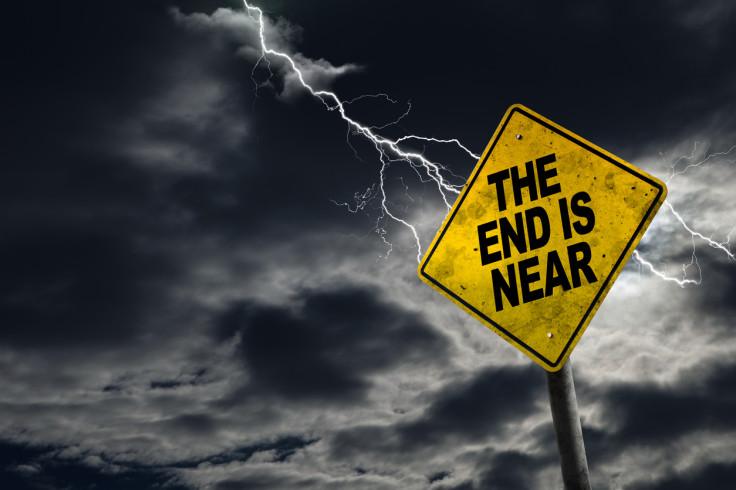The worst is yet to come: Scientist warns social instability and political violence will peak in the 2020s
We seem to be well on track for the 2020s instability peak, warns Peter Turchin.
Social instability and political violence in the Western world looks set to peak in the 2020s, a leading professor in cultural evolution has warned. Peter Turchin, from the University of Connecticut, was revisiting a scientific model he started working on almost a decade ago – which identified at what point political turmoil would peak in the US and Western Europe.
The article, published in Nature, related to his work in cliodynamics – mathematical modelling and statistical analysis of the historical societies. Now, writing in UConn Today, he looked at his prediction in light of recent events – such as the election of Donald Trump.
"Cliodynamics is a new 'transdisciplinary discipline' that treats history as just another science. Ten years ago I started applying its tools to the society I live in: the United States. What I discovered alarmed me," he wrote.
His research had shown around 40 apparently unrelated social indicators led to turning points in the 1970s. Using this, he went on to show how social instability and political violence would be expected to peak in the 2020s.
"The presidential election which we have experienced, unfortunately, confirms this forecast. We seem to be well on track for the 2020s instability peak. And although the election is over, the deep structural forces that brought us the current political crisis have not gone away. If anything, the negative trends seem to be accelerating."
In his article, Turchin notes an "important development" that is currently driving political violence – the rise of 'elite overproduction'. This is where growing inequality leads to more people being wealthy – and these wealthy people tend to be more politically active.

Read more:
Apocalypse tomorrow: Who is predicting the end of the world in 2017?
Surviving the apocalypse: How humans could live through the end of the world
Mexico: Angry mob burned down ancient City of Teotihuacan 'because of economic competition'
As a consequence, there is more competition among the elite, which eventually leads to fragmentation: "The more contenders there are, the more of them end up on the losing side ... It is emblematic that the 2016 election pitted a billionaire against a lawyer."
He points to the fragmentation of the Republican and Democratic party, with divisions leading to splinter groups such as the Tea Party and Bernie Sanders' Democratic Socialists.
In his research, Turchin has found elite overproduction is – historically - the most important driver in social instability. The other two main factors are the stagnation and/or decline in living standards, and the declining fiscal health of the state.
"From what I have seen so far, it seems unlikely that the Trump administration will succeed in reversing these negative trends. And some of the proposed policies will likely make them worse ... Thus I see no reason to revise the forecast I made three years ago: We should expect many years of political turmoil, peaking in the 2020s."

Continuing, he said: "This is a science-based forecast, not a 'prophecy'. It's based on solid social science, the workings of which I have left 'under the hood' in this article intended for a general audience. But the science is there.
"Because it's a scientific theory, we also need to understand the limitations of what it can forecast. Cliodynamics is about broad social trends and deep structural causes of these developments. It did not predict that Donald Trump would become the American president in 2016. But it did predict rising social and political instability. And, unless something is done, instability will continue to rise."
As to what can be done to prevent further turmoil, Turchin said there must be an open discussion of problems and solutions to them. "Our society, like all previous complex societies, is on a rollercoaster. Impersonal social forces bring us to the top; then comes the inevitable plunge. But the descent is not inevitable. Ours is the first society that can perceive how those forces operate, even if dimly. This means that we can avoid the worst – perhaps by switching to a less harrowing track, perhaps by redesigning the rollercoaster altogether."
© Copyright IBTimes 2024. All rights reserved.






















